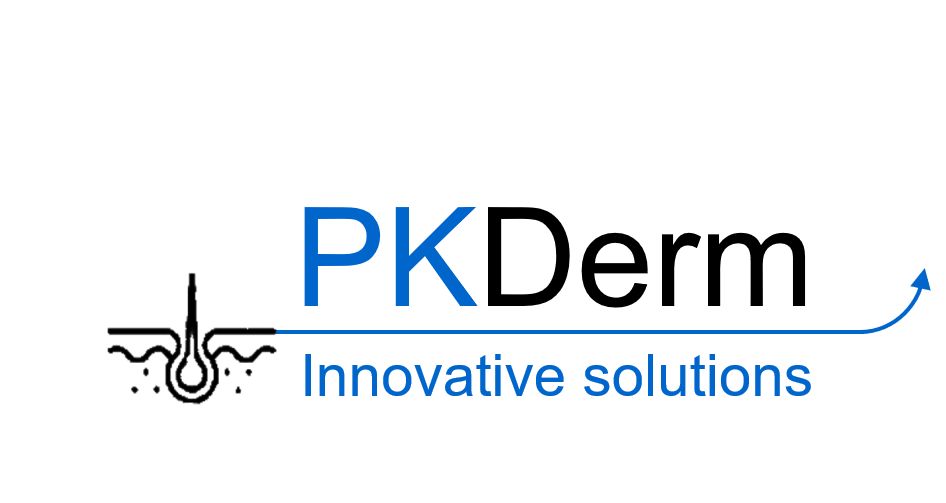
Dr. Yvonne Kohl has graduated in Food Chemistry at the Technical University of Kaiserslautern (Germany) 2007. She did her PhD in the field of Nanotoxicology at the Saarland University (Germany) in 2011. Since 2012 she works as project manager at the Fraunhofer Institute for Biomedical Engineering IBMT and heads the Nanotoxicology group since 2016.
Her main research focus is on the development of advanced in vitro models for toxicity screening of nanomaterials and chemicals and for preclinical research. Whereby the 3R principle (reduce, replace and refine animal experiments) is always taken into account. She is involved in many national (BMBF-funded) and international (H2020-funded) R & D projects, e. g in the following running projects: Sabydoma (H2020/862296) “ Safety BY Design Of NanoMaterials - From Lab Manufacture to Governance and Communication: Progressing Up the TRL Ladder”, NexT (as coordinator, ERA/NET Transcan-2/01KT1910) „Establishing an algorithm for the early diagnosis and follow-up of patients with pancreatic neuroendocrine tumours“, Vision (BMBF/031L0153B) „Model of inflammatory respiratory disease: in vitro and in silico“, NanoCELL (BMBF/03XP196F) „Comprehensive characterization and human toxicological evaluation of nanocellulose along its life cycle for reliable risk assessment and safe use in environmentally friendly packaging materials“. In all projects she and her team participate with expertise in hazard assessment, biohybrid systems and in vitro models of different biological barriers (as e.g. the lung or the gastrointestinal tract).
OpenTox Virtual Conference 2020 Session 9: Organ-on-chip testing
Cell cultures in flow: approaches for in vivo-like safety screening
Presenting author: Yvonne Kohl
Microfluidic technology is a valuable tool to create more in vivo-like cell models for rapid and animal free risk assessment of new chemicals and drugs. Microfluidic cell-based devices allow high-throughput screening and flexible automation while lowering costs and reagent consumption due to their miniaturization. For drug development and safety assessment of chemicals (REACH) there is a growing need for faster and animal-free approaches. By simulating physiological conditions and avoiding most of the disadvantages of conventional cell cultures, organ-on-chip models are an attractive alternative to conventional static cell models.
The development of advanced miniaturized in vivo-like non-animal approaches for toxicity profiling and non-invasive cell characterization will be presented. Different approaches and technological setups for in vivo-like screening, including chip-based microfluidic modules, will be discussed. Fluidic systems guarantee the cultivation of 2D or 3D cell models as well as primary or stem cell derived models. Different integrated sensors allow online characterization of the cell systems. Aerosol exposure as well as chronic exposure via fluidics is possible in these flow systems. Furthermore, by interconnecting several in vitro models on chip, the detection of secondary toxicity, triggered by toxic metabolites from cells of one of the upstream models, could be realized. This allows real-time recording of dynamic interactions between several tissues and mapping of altered effect of drugs or chemicals. So, in vitro cultures in flow can contribute to the replacement of animal testing in risk.
NanoCELL - Comprehensive characterization and human toxicological assessment of cellulose nanocrystals along its life cycle for reliable risk assessment and safe use in environmentally friendly packaging materials
Presenting author: Yvonne Kohl
Renewable raw materials are increasingly demanded for sustainable packaging solutions, but due to often inadequate material properties, such as low barrier effect and processability, they usually cannot be used directly.1 With its excellent barrier properties against oxygen and mineral oil, cellulose nanocrystals (CNC) offer a promising alternative to fossil raw materials. However, before CNC can be used in new, environmentally friendly packaging materials, its human safety needs to be assessed first.2 The NanoCELL project (funding code: 03XP196/BMBF) deals with improved strategies for extracting and processing CNC from regenerative raw materials for later use in environmentally friendly packaging materials. NanoCELL thereby tackles the entire CNC life cycle from its production from cellulose containing raw materials to targeted modifications to its eventual use as coating material. These studies are accompanied and supported by the parallel development of analytical characterization methods for CNC and novel processes for the assessment of its hazard potential. Novel in vitro exposure methods at the air/liquid interface will be developed to assess effects on cell systems from the respiratory tract. First project results on the extraction of CNC from cotton α-cellulose and pulp including the physicochemical characterization of CNC (also in complex biological media) using methods such as field flow fractionation or electron microscopy will be presented. Furthermore, promising results with regard to their oxygen barrier capabilities could be obtained for packaging films that were coated with different CNC formulations. In addition, first data on novel in vitro and in silico approaches for the determination of the biological effects of oral and pulmonary uptake of CNC will be discussed.


